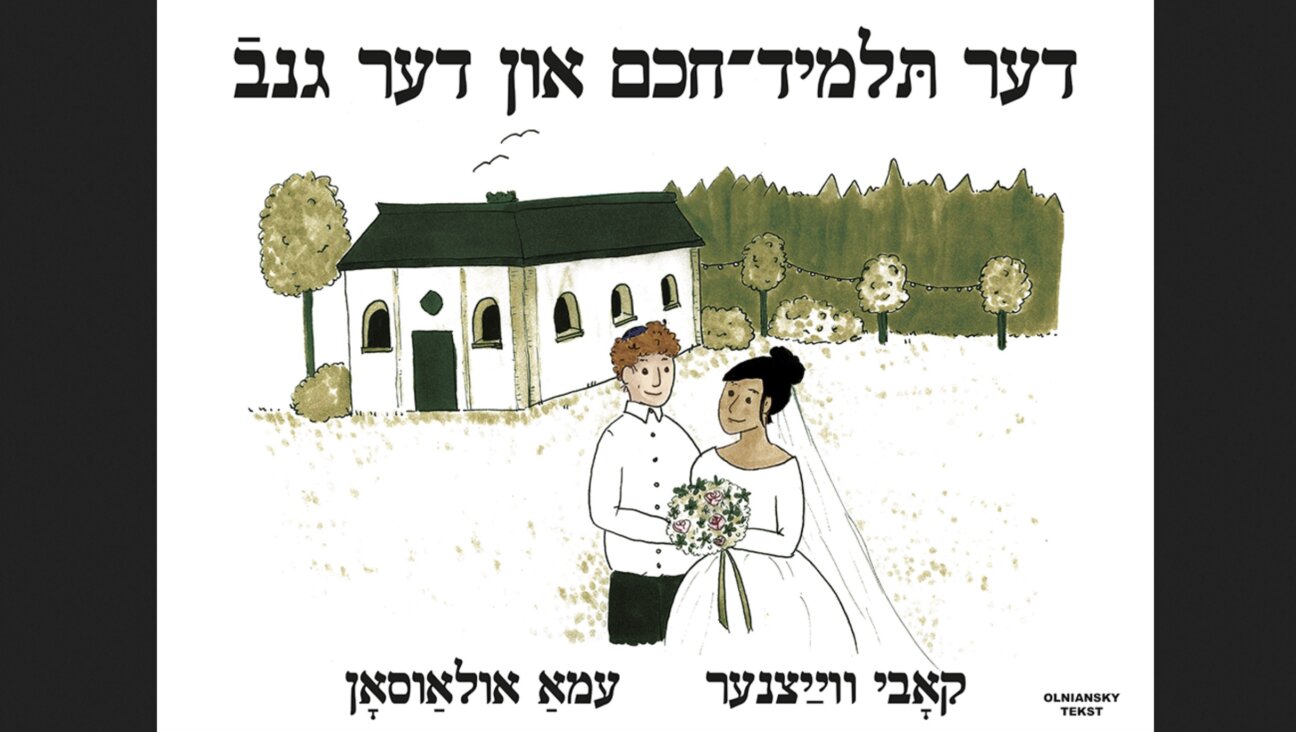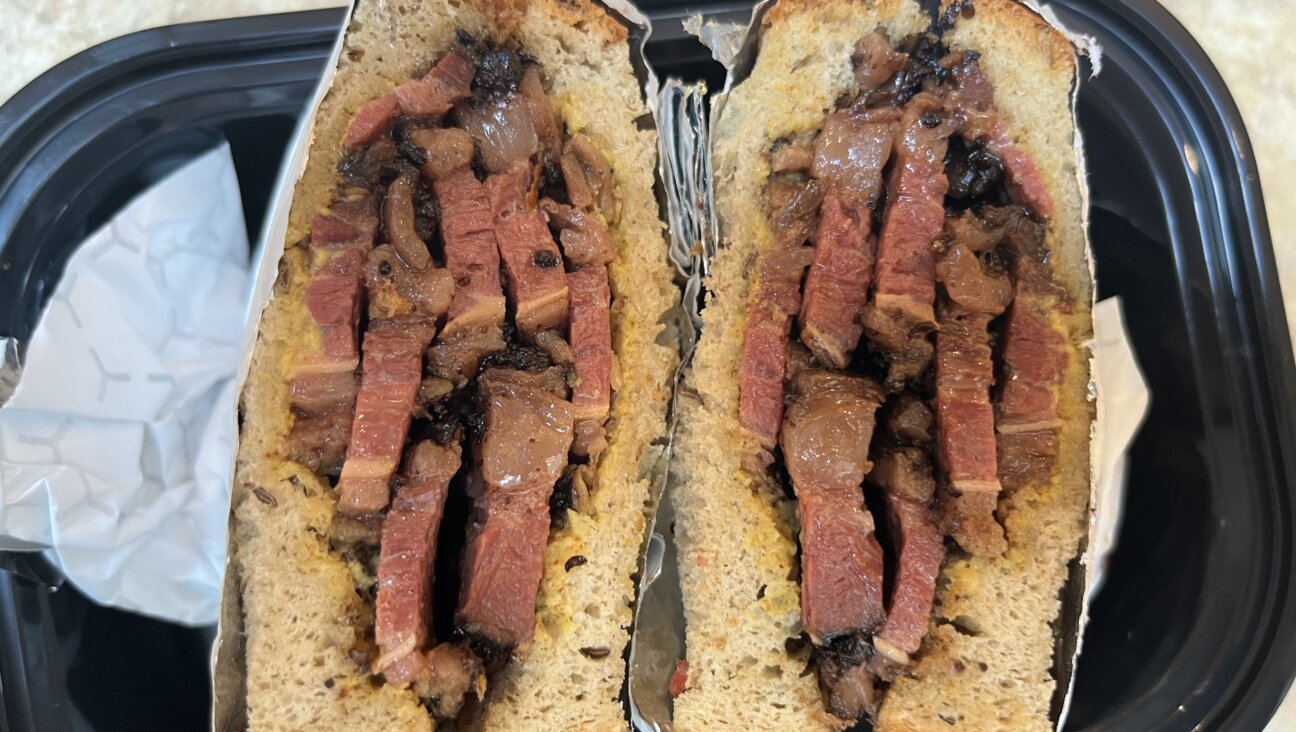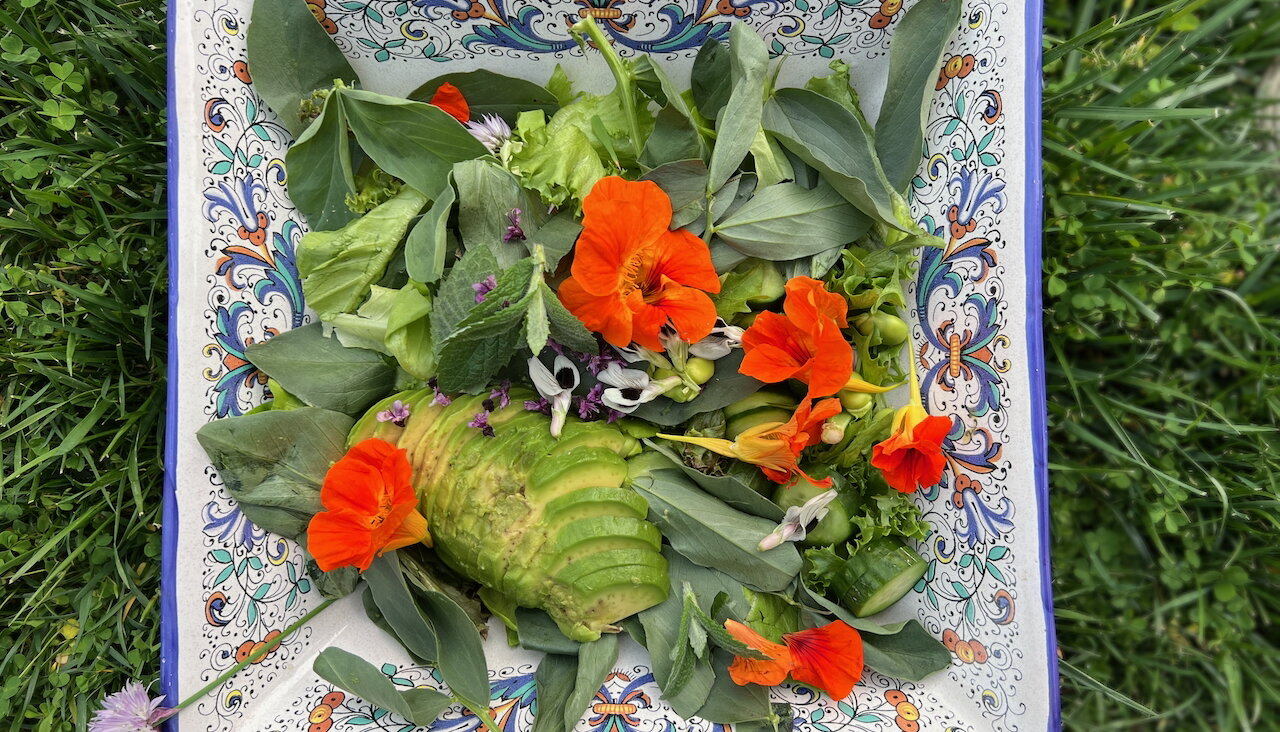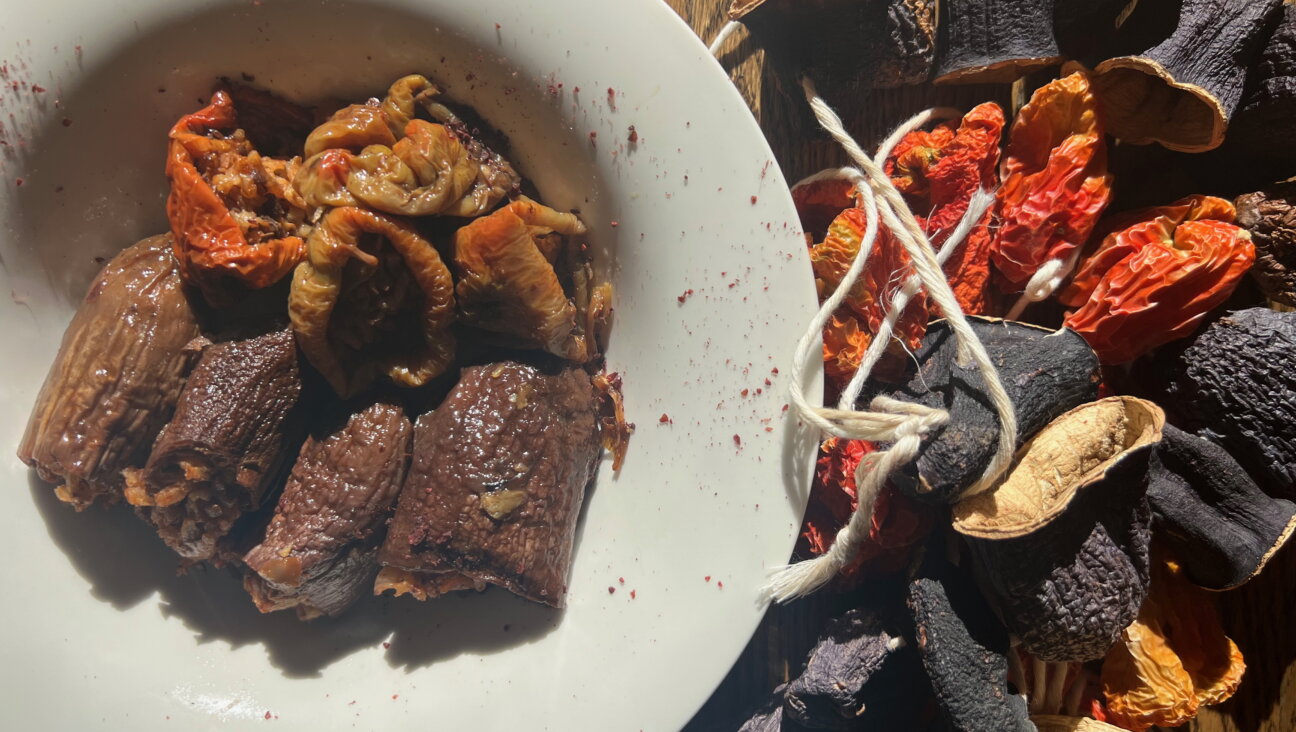If A Caveman Found A Cookie, Would He Eat It?

Image by Wikimedia
My journey with the Paleo lifestyle began the day after Rosh Hashanah. I use the term ‘lifestyle’ rather than ‘diet’ for many reasons. Fully committing to this major lifestyle change was a tough choice for me. As a new year approaches, it is not uncommon to profess, “I’m going to start eating healthier, control my portions and make better choices”, “I’m going to eat less, move more and exercise regularly”. However, my resolution was: “I am going to try the Paleo lifestyle for a few weeks.”
What is the paleo diet exactly? Essentially, it is eating the foods that were eaten by our ancestors in the Paleolithic era. It’s part of a hunter-gatherer lifestyle meaning that the foods you are permitted to eat are: fresh meats (preferably grass-produced or free-ranging beef, lamb, poultry, and game meat), fish, seafood, fresh fruits, vegetables, seeds, nuts, and healthful oils (coconut, avocado, macadamia, walnut and flaxseed). Foods that are not considered part of the lifestyle are dairy products, cereal grains, legumes, refined sugars and other processed foods since these items were not part of our ancestral menu.
The desire for this change came after staffing the Hazon Cross-USA ride. I made the decision that I wanted to start eating cleaner, organic foods. My usual diet would be considered pretty healthy to most, as I only eat kosher meat and stick to vegetarian when I’m dining out. I had heard about the Paleo diet before the Ride but never wanted to commit fearing that my already restricted kosher lifestyle would restrict me even further. But when I heard that my Crossfit Gym, Crossfit Dynamix in Astoria was going to do a “Paleochallenge” I found the inspiration to give it a try.
Eating Paleo meant strict meal planning and preparation. It was something I was mentally ready to commit to and a new personal challenge I wanted to take on. I thoroughly enjoy scoping out farmers markets weekly to see what unusual fruits and vegetables are available and then I challenge myself to make innovative recipes using them. Upon my first foray in to the Paleo lifestyle, I took a trip to my local farmers market, grocery list in hand. I was able to sample different beautifully colored fruits and veggies, it really gave me a sense of what eating organic and sustainably really meant I ordered my meat from Grow and Behold — kosher, organic, grass fed meat — the best kind around, just like the kind our Paleolithic ancestors would have eaten. After one week of meal prep and food organizing I was hooked. Even though the temptations were there and I felt a bit hungry at first, I was able to turn this challenge into a sustainable lifestyle. I’m about 5 weeks in and have never felt better! In general, I feel great, have more energy and have already surpassed my personal strength goals.
During my morning commute I have even become a Paleo nerd and I use the time to listen to a variety of Paleo podcasts. One in particular grappled with the debate of flavor versus nutrition. Our biochemistry was designed to draw us to foods for the sole purpose of nourishment. This podcast highlighted that the five main flavors we are designed to taste tell us different things. Salty and savory flavors are generally associated with meat, while bitter tends to mean that something may be poisonous. Sour flavors are things we should avoid; and lastly if it is sweet it is simply not poisonous. Keeping this in mind, we can extrapolate from this argument that the processed foods we have come to know and love aren’t based on our nutrition but rather flavor. We gravitate towards food items that nourish us. Going back to our original question, if a caveman found a cookie in a cave, would he eat it? My answer: only if it was made out of berries and smelled sweet!
*Adrienne Winton works at Hazon and staffed Hazon’s 2012 Cross USA Ride and is looking forward to another adventure next summer! Adrienne holds a Master’s degree in Outdoor Education from the University of Edinburgh in Scotland. Adrienne loves travelling, exploring unique Jewish communities and creating innovative recipes in her small yet versatile kitchen. *
The Forward is free to read, but it isn’t free to produce

I hope you appreciated this article. Before you go, I’d like to ask you to please support the Forward.
Now more than ever, American Jews need independent news they can trust, with reporting driven by truth, not ideology. We serve you, not any ideological agenda.
At a time when other newsrooms are closing or cutting back, the Forward has removed its paywall and invested additional resources to report on the ground from Israel and around the U.S. on the impact of the war, rising antisemitism and polarized discourse.
This is a great time to support independent Jewish journalism you rely on. Make a gift today!
— Rachel Fishman Feddersen, Publisher and CEO
Support our mission to tell the Jewish story fully and fairly.
Most Popular
- 1

Fast Forward Ye debuts ‘Heil Hitler’ music video that includes a sample of a Hitler speech
- 2

Opinion It looks like Israel totally underestimated Trump
- 3

Fast Forward Student suspended for ‘F— the Jews’ video defends himself on antisemitic podcast
- 4

Culture Cardinals are Catholic, not Jewish — so why do they all wear yarmulkes?
In Case You Missed It
-

Yiddish World How Yiddish found a home in Sweden (online lecture in Yiddish)
-

Fast Forward Hamas releases Edan Alexander, last living American hostage, to Red Cross
-

Yiddish עמיל קאַלינס ראָמאַן אַנטפּלעקט שפּאַלטן אין דער ישׂראלדיקער קאָלעקטיװער נשמהEmil Kalin’s Yiddish novel exposes divisions in the Israeli collective psyche
דער העלד פֿון „צוזאַמענבראָך“ פֿאַרלאָזט זײַן פֿרוי און קינד און לאָזט זיך גיין אויף אַ קאָמפּליצירטן גײַסטיקן דרך.
-

Fast Forward In Tenafly, NJ, a crowd awaits the release of local son Edan Alexander from Hamas captivity
-
Shop the Forward Store
100% of profits support our journalism
Republish This Story
Please read before republishing
We’re happy to make this story available to republish for free, unless it originated with JTA, Haaretz or another publication (as indicated on the article) and as long as you follow our guidelines.
You must comply with the following:
- Credit the Forward
- Retain our pixel
- Preserve our canonical link in Google search
- Add a noindex tag in Google search
See our full guidelines for more information, and this guide for detail about canonical URLs.
To republish, copy the HTML by clicking on the yellow button to the right; it includes our tracking pixel, all paragraph styles and hyperlinks, the author byline and credit to the Forward. It does not include images; to avoid copyright violations, you must add them manually, following our guidelines. Please email us at [email protected], subject line “republish,” with any questions or to let us know what stories you’re picking up.















